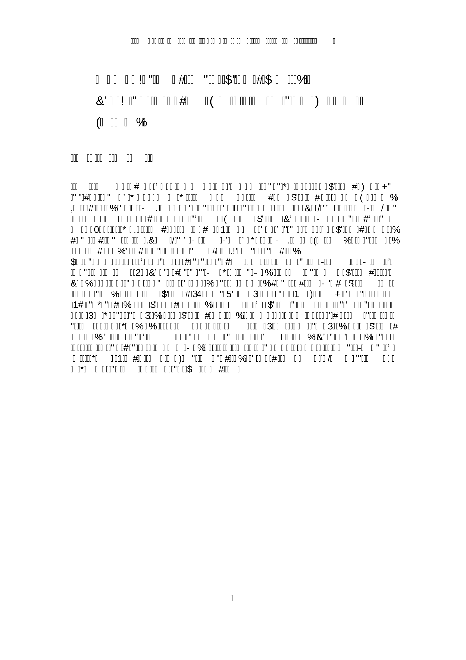Modern Constructions of Islamic Identity. The Case of Second Generation Muslim Women in Germany.
Since the beginning of the nineties several free Islamic Women's associations have been developing and influencing Islamic life in Germany. Particularly the grown-up daughters of the first generation of Turkish foreign workers are engaged in participating in shaping German Islam. The following...
Gespeichert in:
| Veröffentlicht in: | Marburg Journal of Religion |
|---|---|
| 1. Verfasser: | |
| Format: | Artikel (Zeitschrift) |
| Sprache: | Englisch |
| Veröffentlicht: |
Philipps-Universität Marburg
2003
|
| Online Zugang: | Online Zugang |
| Tags: |
Tag hinzufügen
Keine Tags, Fügen Sie den ersten Tag hinzu!
|
| Zusammenfassung: | Since the beginning of the nineties several free Islamic Women's associations have been developing and influencing Islamic life in Germany. Particularly the grown-up daughters of the first generation of Turkish foreign workers are engaged in participating in shaping German Islam. The following research based on a qualitative-empirical approach examined the thesis that the Islamic identity constructions of Sunni-Turkish women who have grown-up in Germany are strongly influenced by structures of modern secular-Christian society. I present data for three single cases of second generation Muslim women between the ages of 22 and 24. These cases show various ways of understanding Islamic faith. They are representations of three types of identity construction which I found in a larger study of modern Islamic "Lebensführung" (to use Max Weber's phrase): 1) an exclusivistic type of Islamic identity, aiming at the Islamisation of all spheres of life, 2) a "universalising" type of Islamic identity, aiming at a general ethical and spiritual support for everyday life, and 3) a modern but "traditionalising" type of Islamic identity that maintains the rituals and norms bound to the family. These three types are all full of aspects of a modern way of life, but represent different attitudes towards the normative expectation of Western society that action and thinking should be individualised and rationalised. |
|---|---|
| DOI: | 10.17192/mjr.2003.8.3726 |
 Publikationsserver
Publikationsserver